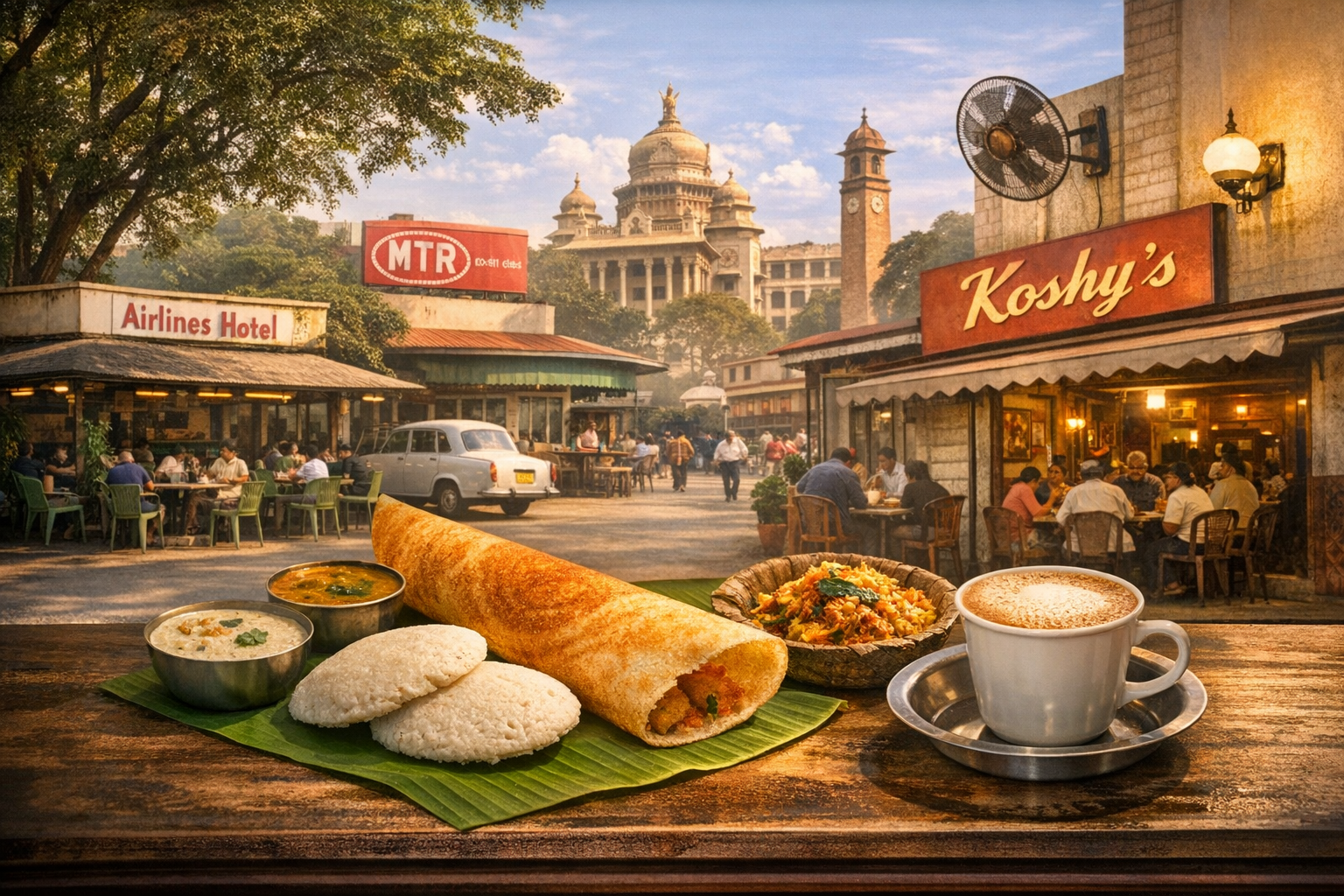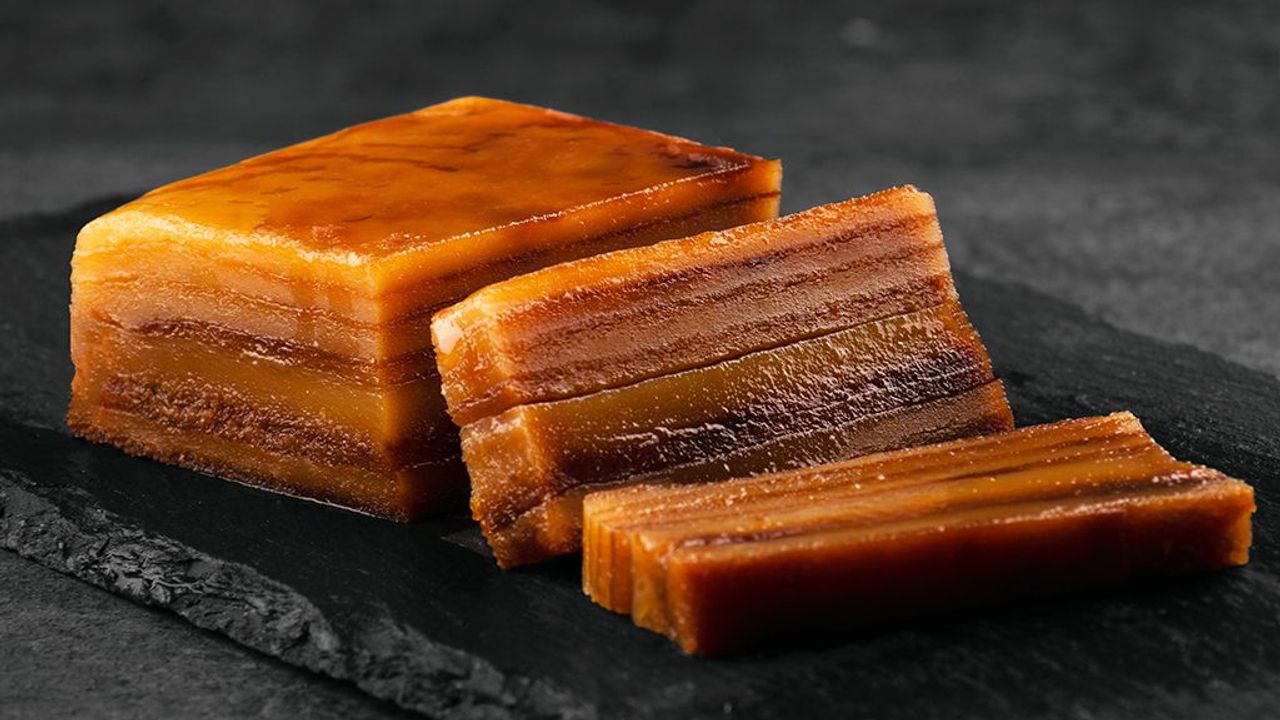The CSE said, FSSAI in its latest notification on the issue has reduced the maximum permitted amount of trans-fats to 5 per cent (by weight) in hydrogenated vegetable oils, margarine and fat spreads and interesterified vegetable fat. Trans-fats are formed on hydrogenation of vegetable oils while making them vansapati. "India has a huge and growing number of people suffering from non-communicable diseases such as heart disease, hypertension and diabetes.
"Consumption of junk foods is also rising across all sections of society and age-groups. It is no longer limited to urban areas. Keeping this in view, the new regulation is an important milestone in containing the burden of non-communicable disease," Deputy DG CSE, Chandra Bhushan said. Globally, consumption of trans-fats through cooking medium or ultra-processed junk foods was strongly linked with non-communicable diseases, particularly cardiovascular diseases.
The World Health Organisation (WHO) has been advising countries to limit its consumption while in a similar attempt, the US in June recognised the use of partially hydrogenated oils as unsafe and banned its use by food product manufacturers within three years, the CSE said. CSE, in its 2009 study on 30 brands of cooking oils, found trans-fats contents in all vanaspati brands much higher than the prescribed standard.










